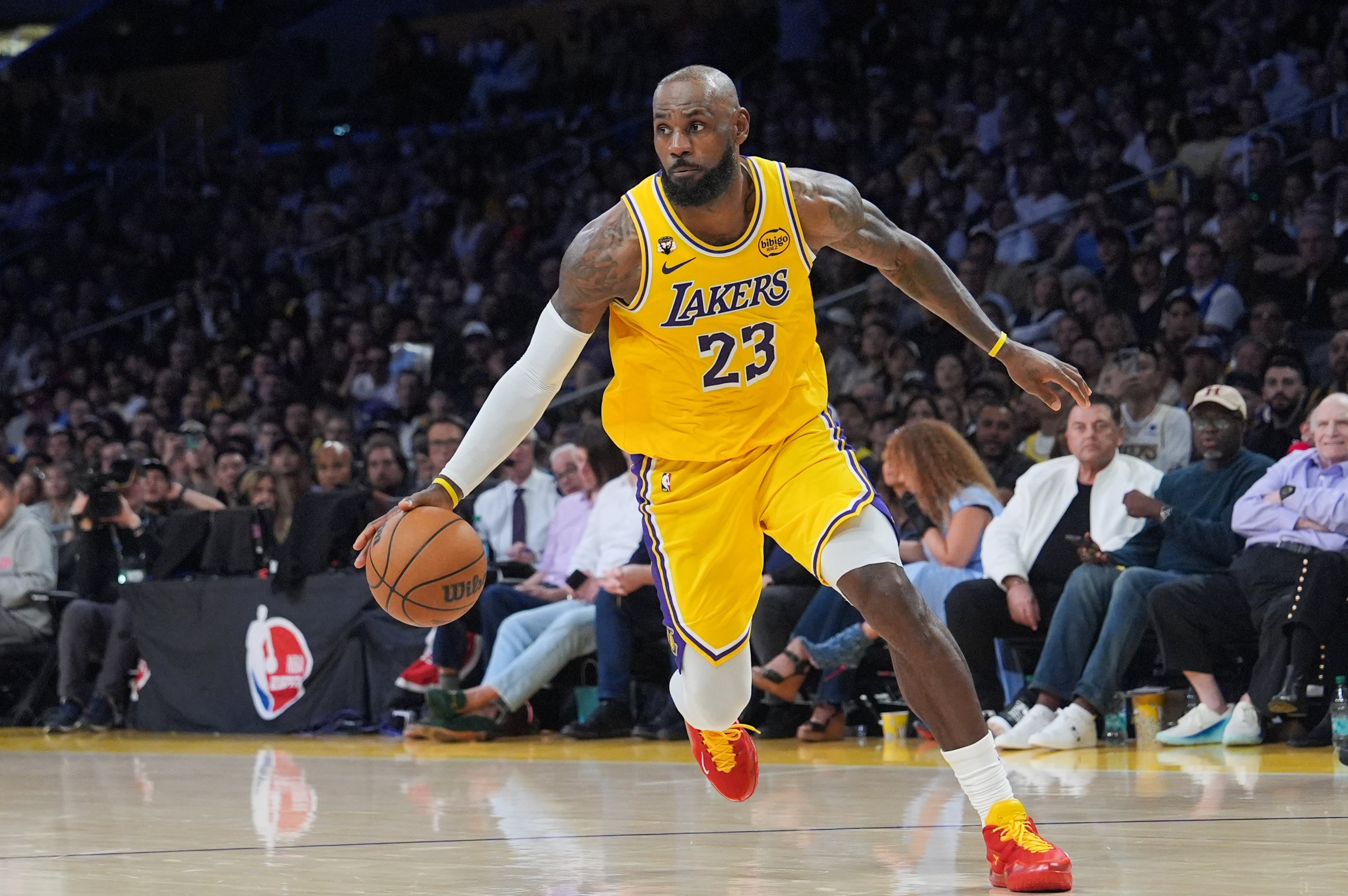Magic instead of Hawks looking for answers
ORLANDO -- The Magic were so dominant over the Hawks in the last year's Eastern Conference semifinals they hardly needed to make any major adjustments from game to game.
After Atlanta's convincing 103-93 victory in Game 1 on Saturday night, Orlando is the one scrambling to figure out a sound plan to guard the Hawks. The difficulty for the Magic is that, for the most part, they did execute their defensive game plan in Game 1.
The Hawks foiled it anyway.
“Our focus has been on protecting the paint,” Magic coach Stan Van Gundy said, “but they are not really looking to get to the rim a whole lot.”
The Magic prefer opponents to attempt long jump shots because they are the least efficient. It turns out the Hawks are good at making them, though.
That's just one of the strategic problems facing the Magic as they prepare for Game 2 of the best-of-seven series on Tuesday night. It's a far cry from last spring, when the Magic won Game 1 114-71 and swept four games by an NBA-record of 101 points.
Van Gundy wants his guards to pressure Atlanta's Joe Johnson, Kirk Hinrich and Jamal Crawford. But none of the players tasked with the assignment are particularly good defenders and, even if they do challenge shots, the Hawks' size advantage means they can shoot over them, anyway.
“We are not going to get much taller, I don't think,” Van Gundy quipped.
Another problem for Orlando is forward Al Horford. Brandon Bass and Ryan Anderson struggled to chase Horford and contest his jump shots -- Van Gundy noted that Horford is among the best in the league shooting from mid range.
Orlando got little scoring in Game 1 from players other than Dwight Howard and Jameer Nelson. But Van Gundy said that, other than too many turnovers and forward Hedo Turkoglu's passiveness, he was fine with Orlando's offense.
“The primary problem is we couldn’t guard them at all,” he said.
To be sure, the Hawks had good shooting night in Game 1. They made 13 of 27 shots (48 percent) from 16 to 23 feet; during the season they averaged a league-high 43.3 percent on 23.6 attempts per game.
The Hawks will have to find other ways to score if they aren't making jump shots or the Magic cut them off.
“That's fine with me,” Crawford said. “Because then when they run you off [jump shots] you just create for somebody else. Somebody else has to help [on defense], and then you make a swing pass, another swing pass and you get maybe even higher percentage shots.”
For most of the season the Hawks hadn't shown much ability to execute another plan when their favored jump shots weren't falling but they did it in Game 1. Johnson was the catalyst.
The All-Star guard used his size and strength to get good position against Orlando's Jason Richardson and J.J. Redick. Johnson made 6 of 9 shots from 15 feet and closer, and also earned eight free-throw attempts, all numbers that are significantly above his season averages.
Normally Howard's help defense discourages but in Game 1 Johnson got off his shots before Howard arrived, scored on floaters over him or quickly passed the ball to teammates for open shots.
“I try to get a good feel,” Johnson said. “I don't know what they are going to do change up. ... I am just trying to get my shot off quick or get it up high enough where [Howard] can't get it, or if he does get it then it's a goal-tending [call].”
Van Gundy said the Magic need to send help quicker for Richardson and Redick. He said Johnson still might score because of his size but the goal is to “take away [Johnson's] comfort zone.”
Atlanta's size is a difficult problem for the Magic. When Van Gundy coached the Miami Heat, one of his assistant coaches was Bob McAdoo, a Hall of Fame forward known as one of the best shooting big men in league history.
“He always said playing against smaller guys always gave him tremendous confidence,” Van Gundy said. “Because at the end of the day no matter how hard they played he knew he could always get his shot over the top.”



